Over the six months since Russia invaded Ukraine, the ambitions of President Zelensky and his compatriots have only grown. From an early readiness to engage in talks – first in Belarus and then in Istanbul – Kyiv has progressed to an insistence that Ukraine can win, and from there to a definition of victory that includes not just a return to the status quo before the war, but the restoration of Ukraine’s post-independence borders, and now also the recovery of Crimea.
Zelensky himself has often seemed slower than some in his entourage to expand the mission. But he has been adding his voice to those calling for the recovery of Crimea for a few weeks now, with Independence Day prompting these ringing words: ‘Crimea is Ukraine. And we will return it. Whatever the path may be.’
Which is where, for me, Zelensky’s reach finally seemed to risk exceeding even his capable grasp. Heroically though Ukraine’s soldiers have fought, the idea that they might succeed in taking back Crimea from Russia seemed unrealistic in the extreme.
Whatever else Russia might one day be prepared to countenance for the sake of peace – and there is no sign that either Moscow or Kyiv is prepared to settle for anything right now – it has always been unthinkable that it would ever relinquish the strategic peninsula that it annexed, to great national approbation, in 2014. For historical, emotional and defence reasons, not least the cardinal importance of Sevastopol as its chief warm-water base, Crimea has to be the last territory Russia would let go.
This is why, it seemed to me, it made no sense for Kyiv even to suggest it had designs on Crimea, let alone make any military moves in that direction. Far better to concentrate on retaining what is left of its Black Sea coast, trying to limit Russia’s advance in the east, and preparing to maximise its advantage for the diplomacy that must eventually begin. For Ukraine, Crimea could only be a pointless and possibly costly distraction from its operations elsewhere.
Now, though, in the light of the recent spate of attacks on military installations inside Crimea, I am not so sure. Not all diversions are necessarily negative, nor are they the same. It might not be such a bad idea at this point for Kyiv to bring Crimea into play.
It still seems to me that Ukraine would have been well advised to try for a diplomatic solution before now. And I hold to the view (and am far from alone) that the longer the conflict goes on, the greater the risk that Ukraine will have to settle for something less than it might have secured at the start: a return to the territorial status quo before 24 February, an acceptance that Crimea is lost, plus a formal declaration of Ukraine as a neutral state. Since then, Russia has made gains in the Donbas and secured its land route to Crimea, and this early offer – if it was an offer – is no longer a starter if ever it was.
What recent developments have shown, however, is that Crimea can be useful to Ukraine, even if Kyiv cannot – or does not even intend to – recover it by force. Yes, talking up an operation against Crimea could be a distraction. For Ukraine, however, that distraction can be an asset. For Russia the opposite is true.
One of Moscow’s prime purposes in invading Ukraine was to secure Crimea: by reopening a land corridor from Russia (the purpose of the brutal and eventually successful Mariupol siege); reconnecting the fresh-water supply from the mainland (cut off in 2014), and closing off the Sea of Azov to make an exclusively Russian sea. Any hint from Ukraine that it has Crimea in its sights forces Russia to divert at least some of its attention (and forces) to ensuring that those gains are not lost.
What has also emerged, however, is that Ukraine may not need actually to ‘take’ Crimea to weaken Russia’s hold there. As Vladimir Putin’s supreme trophy from 2014, Crimea has immense symbolic worth to Russia, in addition to its practical value as the hinterland for Sevastopol. Anything that casts doubt on Russia’s ability to defend Crimea amounts to a win for Ukraine, and that is what the recent attacks have achieved.
By destroying planes on the ground, blowing up ammunition dumps and inviting doubts about the security of the post-2014 Kerch bridge, Ukraine threatens morale among Russian troops stationed in Crimea, but also among the civilian population. Each attack in itself might be relatively small. But the cumulative message that is sent – and a first in this war – is that Russia’s defences in Crimea can be breached and the peninsula can no longer be thought safe.
It has been speculated that the latest attacks were carried out by western-trained special forces, operating behind enemy lines. They could also reflect the arrival of longer-range weapons from the United States or additional drones from Turkey. Ukraine has declined to dispel the mystery. As the first strikes on this heavily militarised peninsula in eight years of Russian occupation, however, they signify the opening of a virtual, if not yet – or ever – a real new front.
That the explosions can be heard and their aftermath seen by the Russian holidaymakers who have flocked back to their Crimean playgrounds this year is only a plus for Kyiv. Not only are these tourists unlikely to return, but anyone seeing the fearful, indignant and horrified faces of Russian civilians fleeing the resorts in their cars, as shown on television and social media, will be left with searing images of Russian vulnerability.
Something similar could apply to the military. In 2014, I argued that the main reason why Russia annexed Crimea was not territorial ambition, but the fear of losing Sevastopol and watching this crucial military asset being transferred to Nato. Now, however, Russia confronts a different question. How useful is Sevastopol, indeed the whole peninsula, if it cannot be defended? Russia may keep its hold on Crimea for the time being, indeed beyond the end of this war. But its value to Russia is in its invulnerability, and that is being lost.
It could be argued, from there, that Ukraine should have tried to test Crimea’s defences earlier in this conflict, both to divert Russian forces from other objectives in Ukraine and to weaken morale. But it may be that Ukrainians lacked the particular capability until now, or that the techniques reflect some new training or tactics. I might add that, to me, there is something about the way Crimea is now being targeted that smacks of a certain British way of war.
Whether Kyiv will actually try to win back Crimea by force must remain moot. The more immediate point is that, just by making Crimea feel insecure, Ukraine has acquired a valuable chip in any bargaining that may lie ahead, and at a cost that is far lower than deploying thousands more troops into combat in the east.
Got something to add? Join the discussion and comment below.
Get 10 issues for just $10
Subscribe to The Spectator Australia today for the next 10 magazine issues, plus full online access, for just $10.

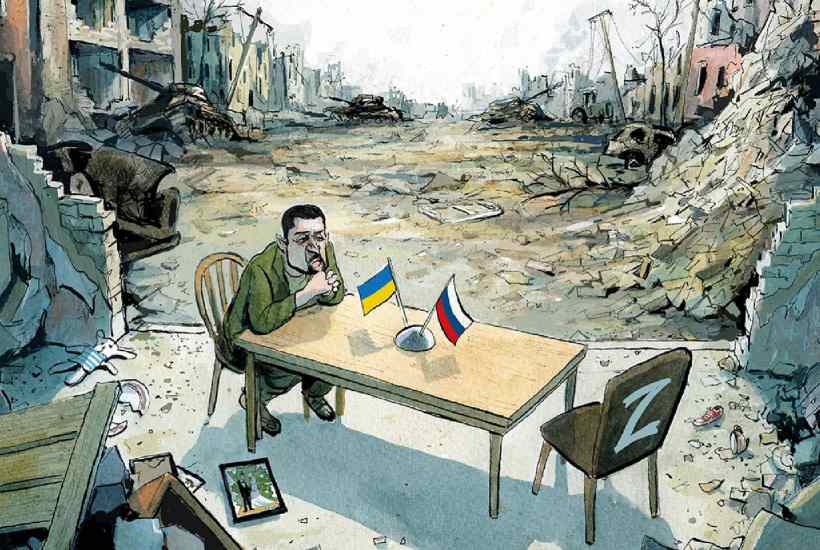
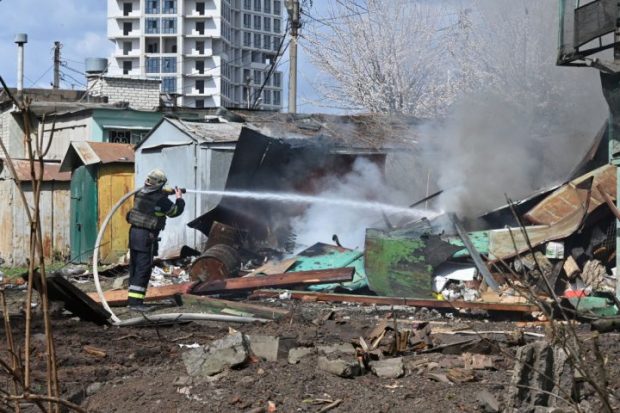
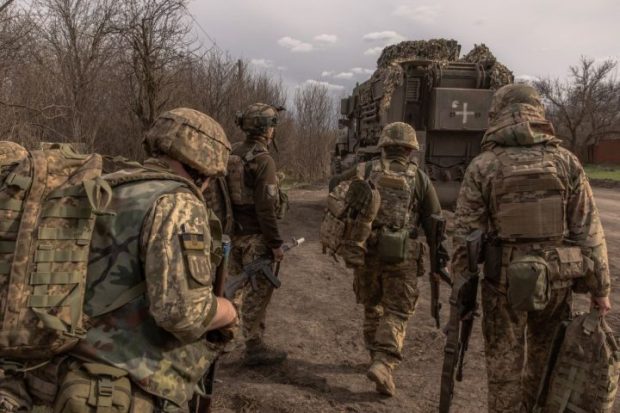
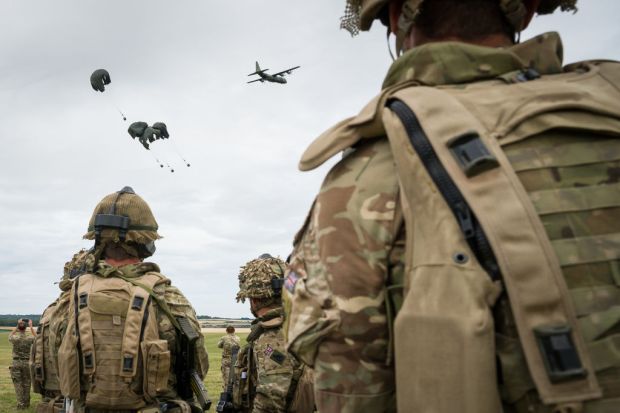
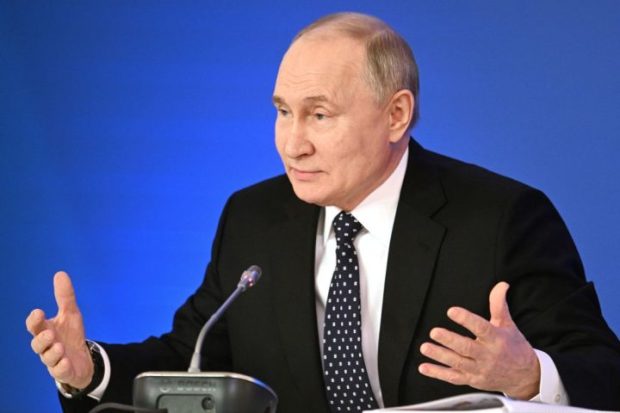
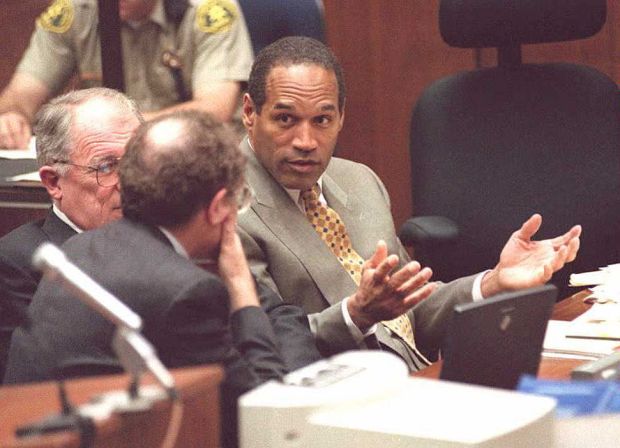
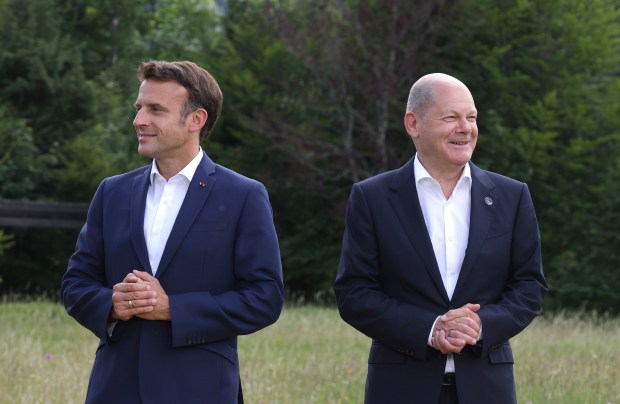












Comments
Don't miss out
Join the conversation with other Spectator Australia readers. Subscribe to leave a comment.
SUBSCRIBEAlready a subscriber? Log in